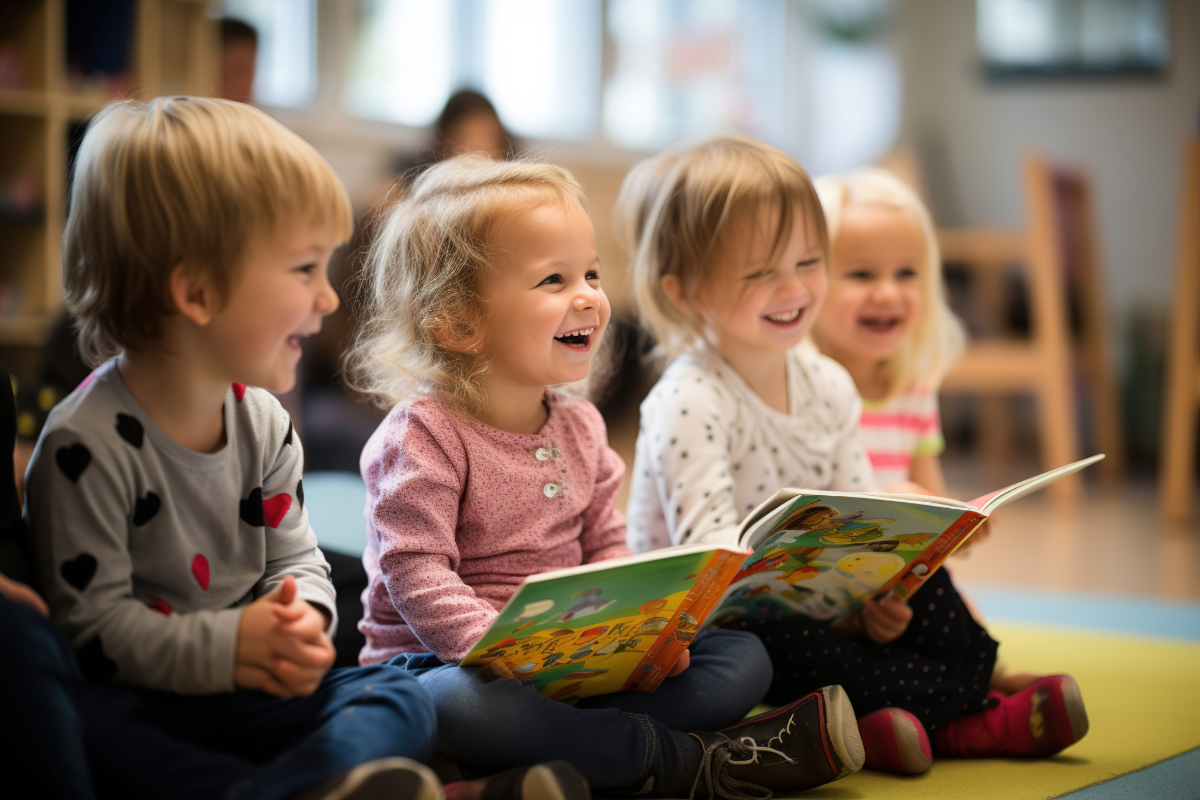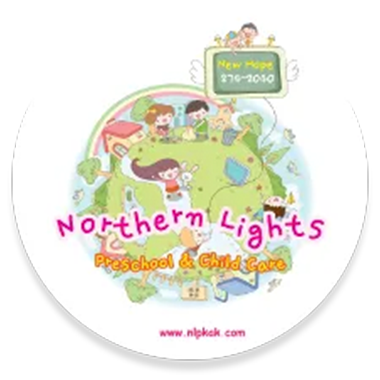
The Value of Literature Programs for Preschool Children
Posted on March 24, 2025
by
nlpkak
Engaging young minds through literature is a powerful way to foster early childhood development. For preschoolers, literature programs offer remarkable opportunities to ignite imagination, enhance language skills, and support cognitive growth. Let’s explore the myriad benefits these programs provide and why they are essential in the educational journey of young learners.
Building Language and Communication Skills
Literature programs introduce preschoolers to a vast array of vocabulary, sentence structures, and storytelling styles. Listening to stories helps children develop listening skills and understand the rhythm of language. As they absorb new words and phrases, their ability to articulate thoughts and ideas improves, laying a strong foundation for communication. Through engaging narratives, children learn the nuances of verbal expression, enriching their everyday interactions.
Sparking Imagination and Creativity
Stories transport children to different worlds, stimulate their creativity, and encourage them to think beyond their immediate environment. Characters become relatable friends, and storylines challenge them to solve problems creatively. Through imaginative play inspired by stories, children demonstrate heightened creativity, an essential skill for future academic and personal endeavors.
Nurturing Emotional and Social Development
Engaging with literature allows children to experience the emotions and perspectives of various characters, fostering empathy and emotional intelligence. Group reading activities enable children to practice social skills like sharing, taking turns, and respecting others’ viewpoints. These experiences promote a sense of cooperation and understanding among peers.
Cultivating a Love for Reading
Introducing children to literature at an early age instills a lifelong love for reading. By associating books with enjoyable experiences—such as engaging storytelling sessions and interactive discussions—children are more likely to develop a passion for reading that continues through their school years and beyond. This love for literature enhances lifelong learning, critical thinking skills, and provides a source of comfort and inspiration throughout their lives.
Enhancing Cognitive Development
Participating in literature programs bolsters cognitive development in young learners. As children engage with stories, they hone critical thinking and comprehension skills, learning to make predictions, recognize patterns, and draw connections between story elements. Literature often introduces basic concepts such as numbers, colors, and relationships, seamlessly integrating learning into enjoyable activities. Repeated exposure to complex plots and diverse characters helps improve memory and attention to detail, supporting academic success and problem-solving abilities as children progress in their education.
Encouraging Cultural Awareness and Diversity
Literature programs expose children to stories from various cultures and perspectives, promoting cultural awareness and appreciation for diversity. By presenting narratives that reflect different traditions, customs, and viewpoints, these programs help children understand and appreciate differences, fostering a sense of inclusivity and respect for individuals from all backgrounds.
Incorporating literature programs into preschool education offers a multitude of benefits that extend beyond the classroom. By nurturing language skills, creativity, emotional intelligence, cognitive development, and cultural awareness, these programs lay a strong foundation for lifelong learning and personal growth. Embracing the power of stories enriches the educational journey of young children, opening doors to endless possibilities and a brighter future.
